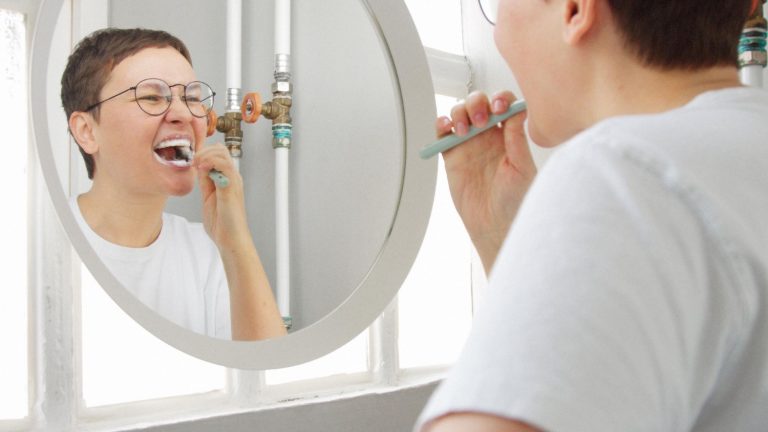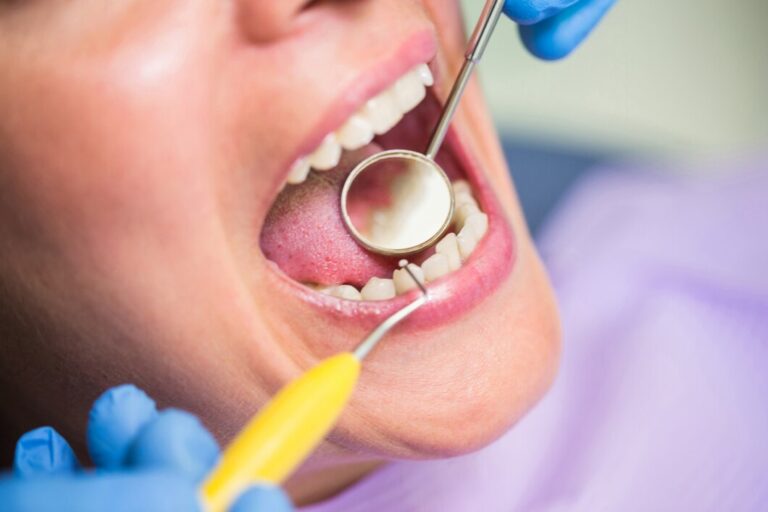Tooth sensitivity can be more than just an occasional inconvenience – for many Northglenn residents, it can be a persistent issue that impacts daily life and overall oral health. However, understanding the causes of tooth sensitivity and exploring various remedies can help alleviate discomfort and improve dental well-being.
In this informative guide, we will discuss the common causes of tooth sensitivity, share practical tips for at-home remedies, and emphasize the importance of seeking professional dental care when dealing with sensitivity-related concerns. Our goal is to provide you with the tools, resources, and knowledge necessary to address tooth sensitivity effectively and enjoy a revitalized smile.
If you’re experiencing tooth sensitivity and are unsure of the cause, schedule a consultation with our compassionate and knowledgeable team at Colorado Gum Care Northglenn, CO. We will assess your unique oral health situation and work with you to develop a customized treatment plan, empowering you to experience a comfortable, healthy smile that lasts a lifetime. Let’s join forces to tackle tooth sensitivity and embrace exceptional oral health together.
1. Identifying Common Causes of Tooth Sensitivity
Understanding the causes of tooth sensitivity is crucial to developing an appropriate plan of action for managing discomfort. Common causes include:
- Enamel Erosion: Consuming acidic foods and beverages, grinding teeth, or using a hard-bristled toothbrush can all contribute to the erosion of tooth enamel, exposing the sensitive dentin layer beneath.
- Gum Recession: Gum disease, aggressive tooth brushing, or even aging can cause gums to recede, exposing tooth roots and increasing sensitivity.
- Dental Cracks or Fractures: Hairline cracks or fractures in teeth can expose the sensitive inner layers, resulting in discomfort when exposed to temperature changes or pressure from biting.
- Tooth Decay: Cavities or decay near the gumline can lead to increased tooth sensitivity.
- Dental Treatments: Sensitivity can be temporarily experienced following dental procedures, such as teeth whitening treatments, fillings, or crowns.
2. At-Home Remedies for Tooth Sensitivity Relief
Various remedies can provide temporary relief for tooth sensitivity at home:
- Desensitizing Toothpaste: Select a toothpaste specifically designed for sensitive teeth. These toothpastes contain compounds that block sensitivity triggers.
- Soft-Bristled Toothbrush: Using a toothbrush with soft bristles can help prevent further enamel erosion and reduced gum irritation.
- Fluoride Treatments: Over-the-counter fluoride rinses or gels can help strengthen tooth enamel, providing additional protection against sensitivity. Consult your dentist for guidance on how often to use these treatments.
- Avoid Acidic Foods and Beverages: Limit the consumption of highly acidic items, such as soda, citrus fruits, and vinegar, to protect tooth enamel and reduce sensitivity.
- Practice Good Oral Hygiene: Maintain a consistent oral hygiene routine, including brushing twice a day, flossing daily, and rinsing with an alcohol-free mouthwash, to help prevent gum disease and tooth decay that can contribute to sensitivity.
3. Seeking Professional Dental Care for Persistent Sensitivity
When at-home remedies fail to provide relief or if sensitivity persists, it’s essential to seek professional dental care for evaluation and treatment:
- Dental Examination: Schedule an appointment with your dentist for a comprehensive dental examination to identify any underlying issues causing tooth sensitivity, such as decay, cracks, or gum disease.
- In-Office Desensitizing Treatments: Your dentist can apply fluoride varnishes or sealants to affected areas, providing enhanced protection and relief for sensitive teeth.
- Dental Restorations: If cracks, fractures, or tooth decay are causing sensitivity, your dental professional can repair the damaged tooth with fillings, crowns, or other dental restorations.
- Periodontal Treatment: In cases where gum recession is contributing to tooth sensitivity, your dentist may recommend deep cleaning procedures or gum grafting surgery to treat the issue and alleviate discomfort.
4. Preventing Future Tooth Sensitivity
Taking steps to prevent tooth sensitivity before it starts is key to maintaining long-term oral comfort:
- Oral Hygiene Routine: Adhere to a consistent oral hygiene routine, including daily brushing and flossing, and regular dental checkups and cleanings.
- Proper Brushing Technique: Employ a gentle, circular brushing motion with a soft-bristled toothbrush, paying special attention to the gumline, to minimize enamel erosion and gum recession.
- Address Teeth Grinding: If you grind your teeth, it’s essential to discuss the issue with your dentist and explore options for nighttime mouthguards or other treatments to protect tooth enamel and reduce sensitivity risk.
Let Colorado Gum Care Northglenn, CO Help You Combat Tooth Sensitivity
Tooth sensitivity can be a distressing dental issue that disrupts the enjoyment of daily activities and affects overall oral health. By understanding its causes, incorporating at-home remedies, and seeking professional dental care, you can effectively manage tooth sensitivity and enjoy a comfortable, healthy, and radiant smile.
Colorado Gum Care Northglenn, CO is here to support your journey to optimal oral health, offering customized, compassionate care designed to address tooth sensitivity and provide lasting relief. Schedule a consultation with our expert periodontist in Northglenn, Colorado today, and together, we’ll create a personalized treatment plan to conquer tooth sensitivity and restore your vibrant, pain-free smile!







